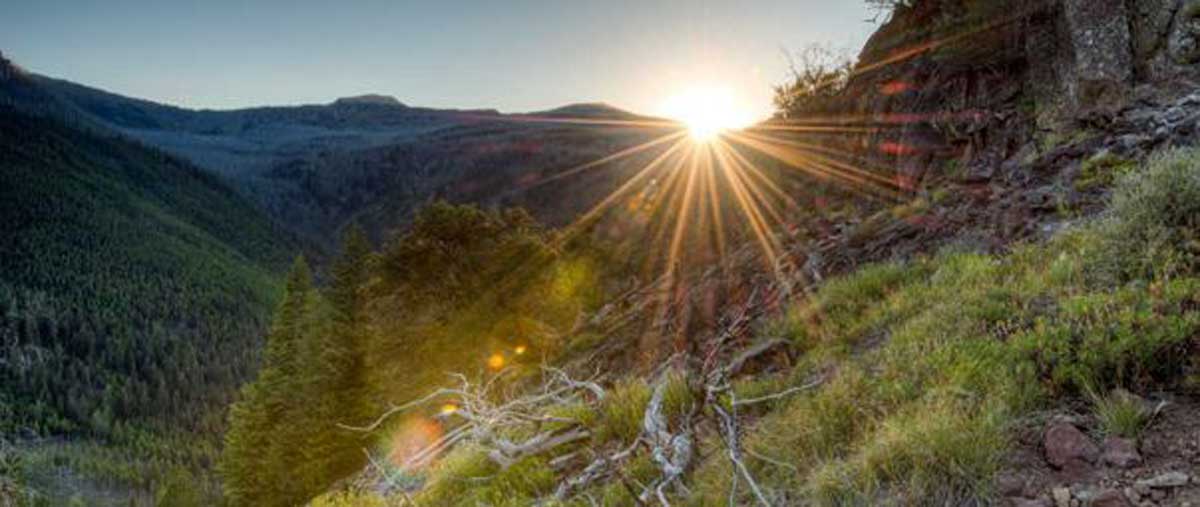Below is an editorial that appeared in The Daily Sentinel newspaper in Grand Junction, Colorado. It addresses the challenges that surround the handling of the Endangered Species Act. It has been said that capitalism works for a very simple reason – people can be counted on to do what is in their own interest. That has been the basis of human interaction since the beginning of time. One villager would catch fish and sell them to others, which helped the fisherman succeed, but also helped the others, who needed fish. In fact, the only way to make money in a free market is to supply others with something they need, and are willing to pay for. Selfishness does not profit unless it also helps others.
Government can never alter that essential motivation of human nature. Incentives drive all human behavior. If something isn’t working well, it is often because the incentives are wrong. Consider our modern approach to environmental issues, an enforcement system based on expecting people to do what is clearly not in their own interest. No wonder it so often results in controversy, confrontation, and litigation. It doesn’t have to be that way.
The incentives are wrong here. If a rare metal is on my property the value of my land goes up. But if a rare bird is on my property the value of my property goes down.The Endangered Species Act is the poster child for backwards incentives. In 2010, the U.S. Fish and Wildlife Service was poised to take a fresh look at the problem under the leadership of a new Director, Sam Hamilton, but his life was tragically ended by a heart attack on the ski slopes at Keystone. Mr. Hamilton had studied the problem throughout his 30-year career with the agency, and reached his now-famous conclusion, that there is no mechanism for private landowners to benefit from investing in species conservation. In several speeches, he said, “The incentives are wrong here. If a rare metal is on my property the value of my land goes up. But if a rare bird is on my property the value of my property goes down.”
It is a crucial point because so much habitat conservation relies on private landowners. In fact, the government says the vast majority of all habitat for endangered species is on private land, so recovery cannot happen without the participation of landowners. Shouldn’t it be in their own interest to invest in the conservation of that habitat?
…that conservation will ultimately boil down to rewarding the private landowner who conserves the public interest.Aldo Leopold’s famous essay on “Conservation Economics” warned of “the time-honored supposition that conservation is profitable.” He thought long and hard about how to deal with private land that is also critical habitat. He concluded that conservation becomes possible on private lands when it also becomes profitable. In 1934 he wrote simply “that conservation will ultimately boil down to rewarding the private landowner who conserves the public interest.”
Instead, our heavy-handed system won’t even consult landowners in many cases, opting for government control and punishing the lack of “cooperation.” Such an approach has never worked (In 40 years, we have recovered and de-listed fewer than half of one percent of endangered species), and never will.
